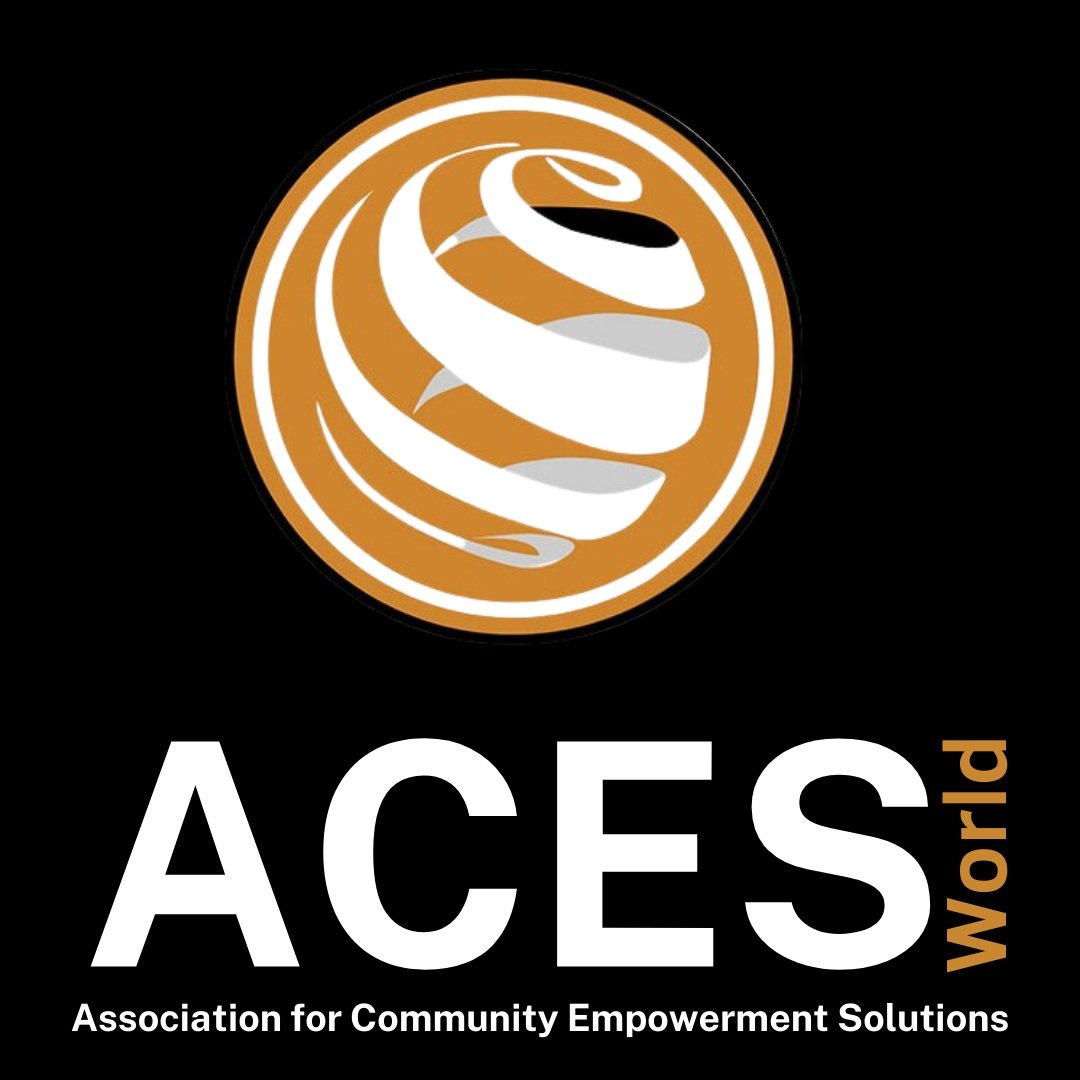What’s at stake: African women’s access to technology
African women are significantly less likely to have access to devices and the internet than their male counterparts. It is estimated that in 2019, only 22.6% of African women were using the internet, compared to 33.8% of African men [1]. This is due in part to economic disparity, as men typically have higher incomes and more resources to purchase a mobile phone and internet data [2]. Unfortunately, actually accessing technology is only half the battle.
Aseda Addai-Deseh, left, and Lily Edinam Botsyoe speak to participants at the Women in Tech Week in Accra. (S. Knott/VOA) [4]
Women in Tech
It is unsurprising that, like the rest of the world, African women are less likely to work in the tech industry or have access to the education necessary to get a job in tech. Women make up only 30% of content creators, coders, and entrepreneurs [3]. One woman reported studying computer science at a university in Ghana where students had to write codes on a whiteboard because there weren’t enough computers [4]. There simply are not adequate opportunities for women to get practical experience in technology.
Digital commerce
African women are highly active in retail and wholesale trading, and digital commerce is a common next step for small businesses to take. “Business in the world is going techy. It’s especially relevant in small business. It’s the best way to make what you are doing known out there,” said Francesca Opoku, a businesswoman who trains women in financial literacy [2]. Providing women with basic technological tools and knowledge could have an enormously positive impact on local and international economies, of which women are a large and influential part.
Farming practices
When it comes to farming and technology, women are “disproportionately affected and doubly exposed” [3]. They are more likely to be involved with food production, but less likely to have access to information about the climate that could improve their farming practices. Simple access to mobile devices and the internet could change that. More dramatically, if African women were able to use and develop artificial intelligence, they could also have a positive impact on agriculture by introducing automated farming practices [4].
A baby is weighted on a scale in a health clinic in the capital Juba, South Sudan, January 23, 2017. Picture taken January 23, 2017. REUTERS/Siegfried Modola [5]
Women’s health
The simple combination of mobile devices and the internet can provide African women with important information about their reproductive health. The British company Vodafone has found that “when mothers are presented with factual information, over 95% take action to improve the well-being of their children, from getting vaccinations to deciding to breastfeed.” [5] Digital solutions to women’s health issues have become increasingly prevalent in recent years, but their effectiveness depends on women owning devices, accessing the internet, and having some basic familiarity with simple technology [1].
Online GBV
Gender-based violence is another obstacle to digital access. In one recent study, 28% of women reported experiencing online harassment, and 15% deleted or deactivated their accounts as a result of experiencing online violence [6]. Reports of online GBV are rarely taken seriously, and often met with victim blaming [6]. “Driving girls out of online spaces is hugely disempowering in an increasingly digital world, and damages their ability to be seen, heard and become leaders,” said Plan International chief executive, Anne-Birgitte Albrectsen [7]. Doing so at a time when the pandemic has increased the importance of communicating online is particularly harmful [7].
Recommendations
To adequately counteract gender disparities in internet use, it is essential that law enforcement be trained to address online GBV, and that women understand how they can report violations [6]. More broadly, governments, international organizations, and the private sector must collaborate to build up digitalization while taking into consideration the nuances of how African women are able to access technology [1]. Because of the gap between men and women, interventions designed to combat gender inequality at any level could increase women and girls’ access to technology.
[1] “More African women should be using the internet”
https://techcabal.com/2020/09/11/bridging-digital-gender-gaps-key-to-unlocking-femtech-in-africa/
[2] “African Women in Tech Working to Close Digital Divide”
https://www.voanews.com/africa/african-women-tech-working-close-digital-divide
[3] “Greener Africa: Women - The face of a digital and green revolution?”
https://www.theafricareport.com/43242/greener-africa-women-the-face-of-a-digital-and-green-revolution/
[4] “African Women in Tech Look to Artificial Intelligence”
https://www.voanews.com/africa/african-women-tech-look-artificial-intelligence
[5] “It’s time for Africa’s maternal mortality battle to go digital”
https://www.theafricareport.com/43509/its-time-for-africas-maternal-mortality-battle-to-go-digital/
[6] “Toward a cyberfeminist future: A new study centers African women as protagonists online”
https://globalvoices.org/2020/09/29/toward-a-cyberfeminist-future-a-new-study-centers-african-women-as-protagonists-online/
[7] “Africa: Social Media Abuse Drives Girls Off Facebook, Instagram, Twitter - Poll”
https://allafrica.com/stories/202010050059.html

![Aseda Addai-Deseh, left, and Lily Edinam Botsyoe speak to participants at the Women in Tech Week in Accra. (S. Knott/VOA) [4]](https://images.squarespace-cdn.com/content/v1/5f3d4fdf069e1a50b3bcebd4/1604314387608-0H5GB71Z4GZ7HNSZ5BJR/20201102Blog_1.jpeg)
![A baby is weighted on a scale in a health clinic in the capital Juba, South Sudan, January 23, 2017. Picture taken January 23, 2017. REUTERS/Siegfried Modola [5]](https://images.squarespace-cdn.com/content/v1/5f3d4fdf069e1a50b3bcebd4/1604314588649-600UGY0Y4ZZW0WZ9ON67/20201102Blog_2.jpeg)